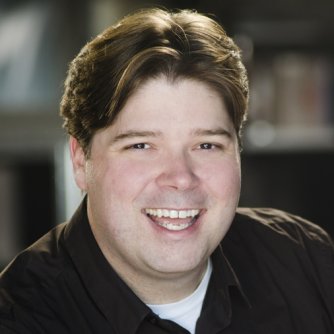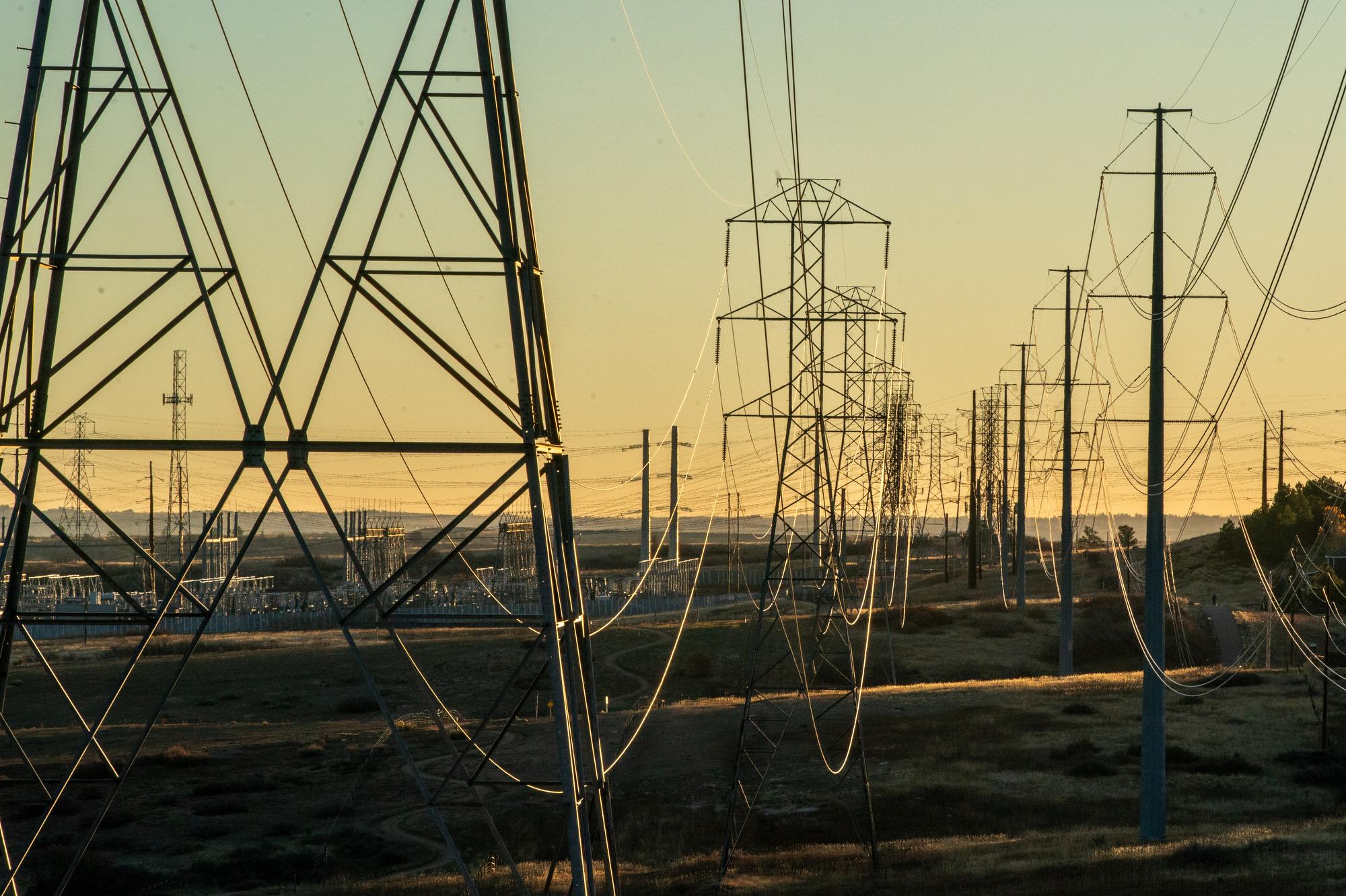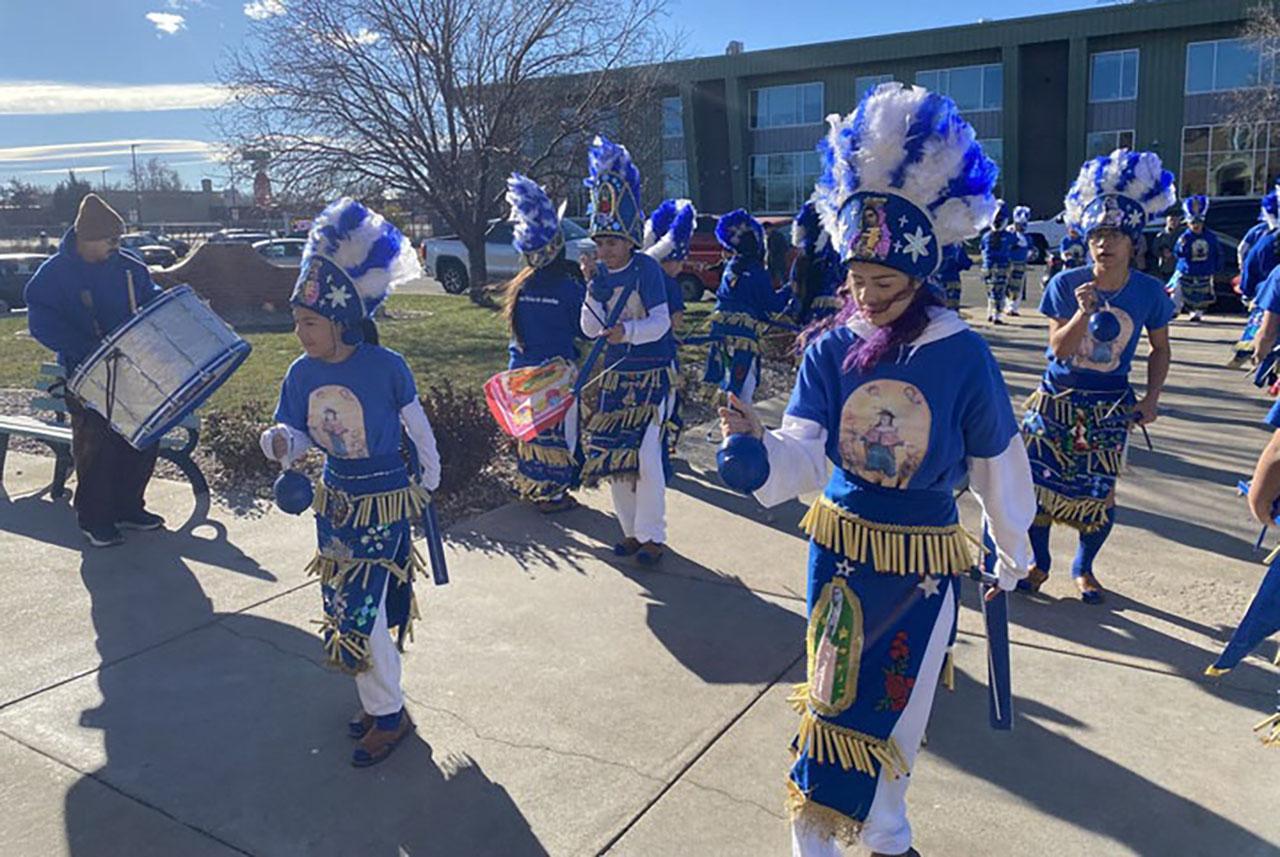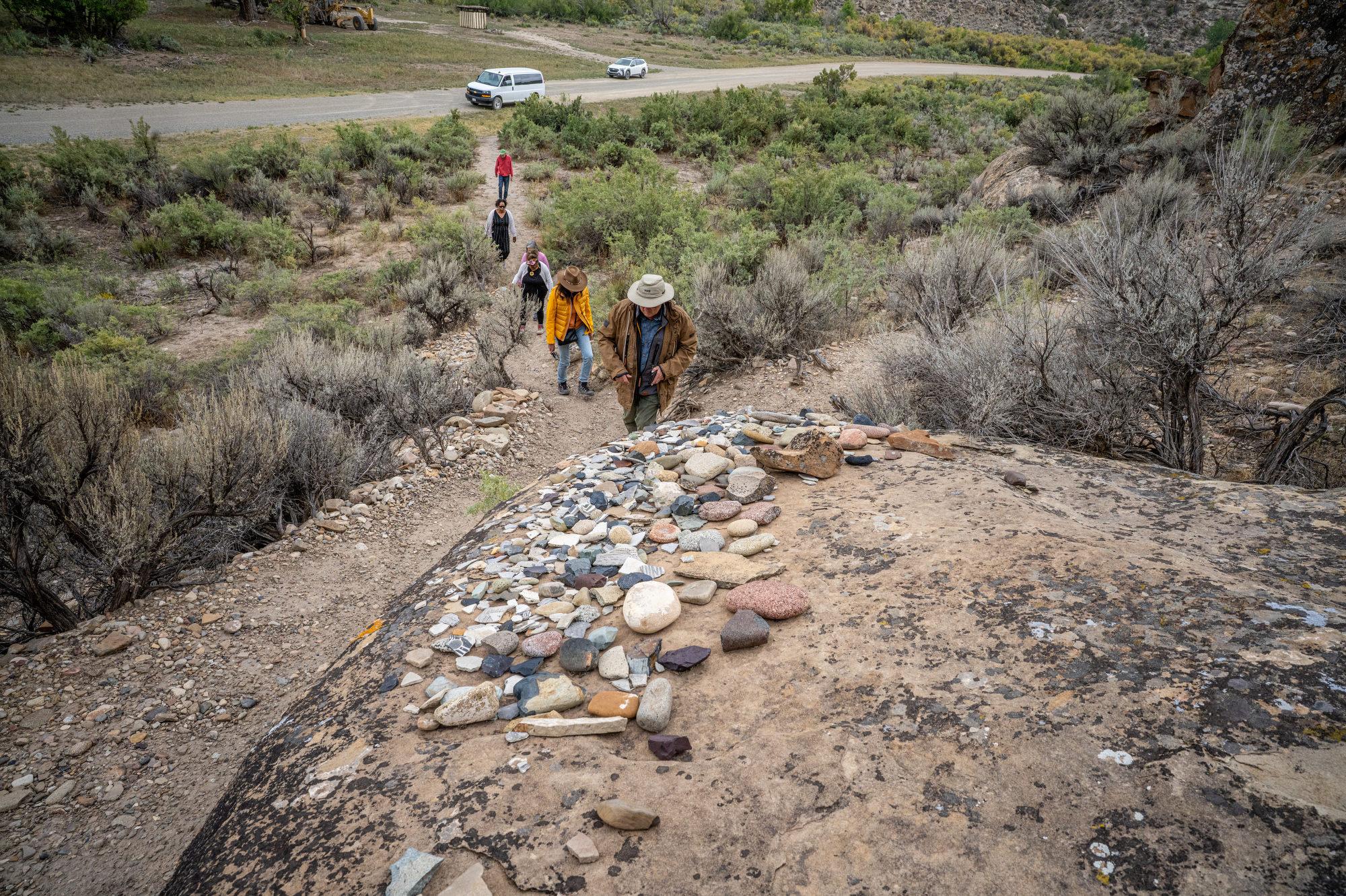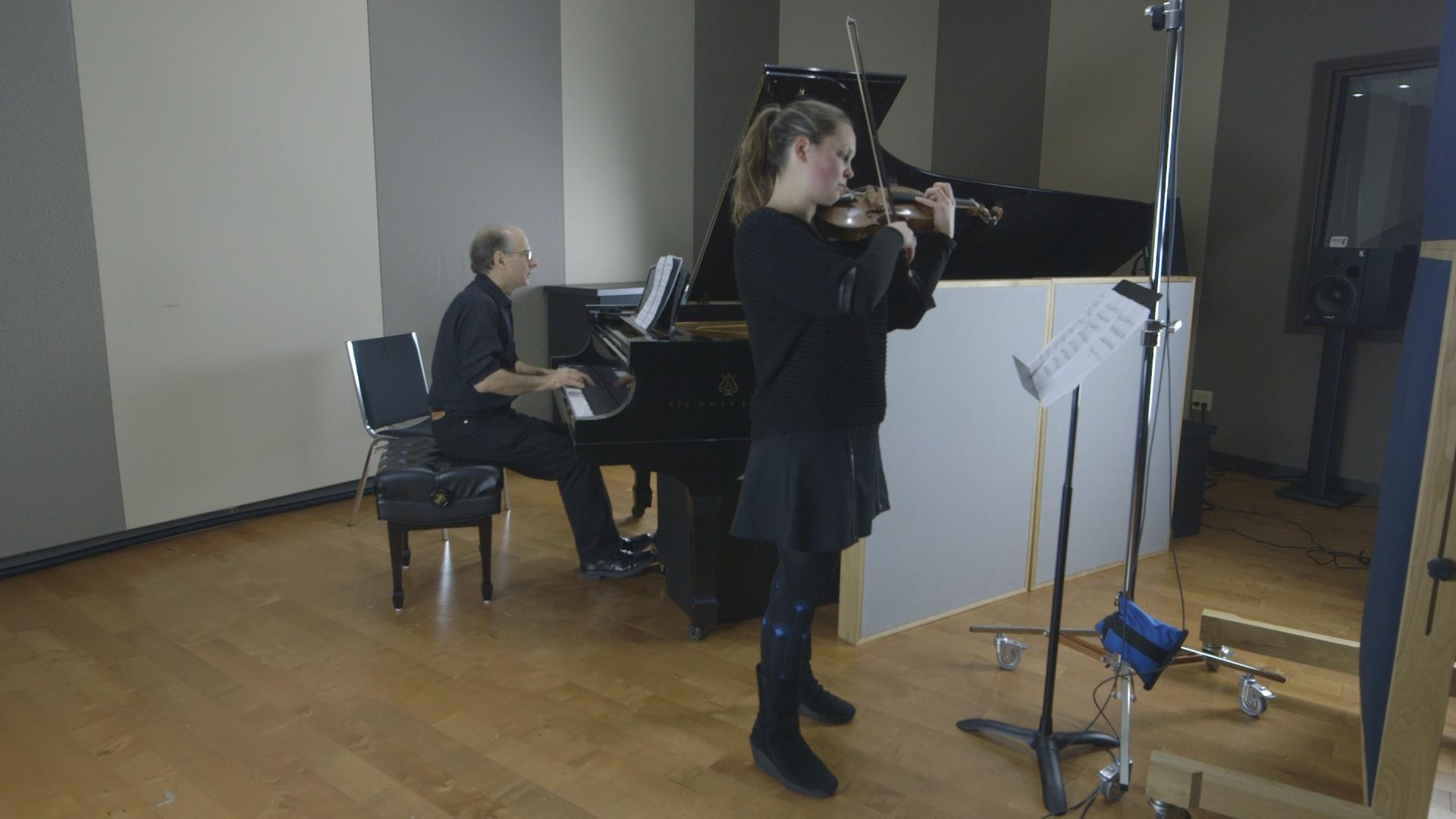
Composer Bruce Adolphe, who helps lead the Off the Hook Chamber Music Festival in Fort Collins, recently turned his attention to scoring a documentary about Albert Einstein and the imagination.
“Einstein’s Light” debuts this summer but Adolphe visits Denver and Boulder this weekend to offer sneak previews of the film, by director Nikolas Barris. Here's the trailer:
Einstein was also a dedicated violinist who adored classical music, which inspired Adolphe to feature violin in the film score. Joshua Bell plays the solos on the soundtrack, and violinist Emily Ondracek-Peterson joined him in the CPR Performance Studio on Thursday to perform highlights of the score.
Adolphe spoke with CPR arts editor Chloe Veltman on Thursday about his work on the film, Einstein the musician and the points where science and music intersect. Click the audio above to listen, and check out these performances by Adolphe and Ondracek-Peterson:
Interview highlights:
On the importance of music and the violin to Einstein:
"Einstein said many times in different ways that if he were not a physicist he would be a violinist. He said that he thought in music. He dreamed in music.He felt that Mozart spoke about the universe in his music. It really was central to him. In fact I don't think there was a week in his life, according to some things I read, when he wasn't playing the violin and playing chamber music. It was extremely important in more ways that one can imagine. It even seems to have fed his cognitive process."
On Einstein's views on how music shapes the brain:
"I know there is one quote where he says, 'It's not like there's a direct correlation between music and physics.' He did say that. But it's the same way of thinking. And we know now from neuroscience, which I'm very involved in, that the brain is formed by music if you study early and for a long time. If you start before age 5, and practice and take lessons for at least 10 years, it actually forms and maintains the health of the brain in an amazing way."
On how playing music might have helped Einstein develop his abstract thinking skills:
"If you think about time and space, which was the essence of what he was dealing with, the rhythm is central to the concept. And of course that's not rhythm in a small scale, like keeping a beat. This is rhythm in a massive cosmic scale. But it is rhythm. The warping of space is rhythm and the relationship of time to space is rhythm. In fact,anything to do with time is rhythm, so I think it is part of it. I wouldn't say that because he played a Mozart sonata he was able to think of the warping or the bending of space. I don't think it's that simple. But it's more profound. It's the way one thinks in music and in numbers and in imagery, rather than about them, is a kind of training ground. So music might have been, like it is for many people, a training ground for the brain on how to deal with abstract thought."
